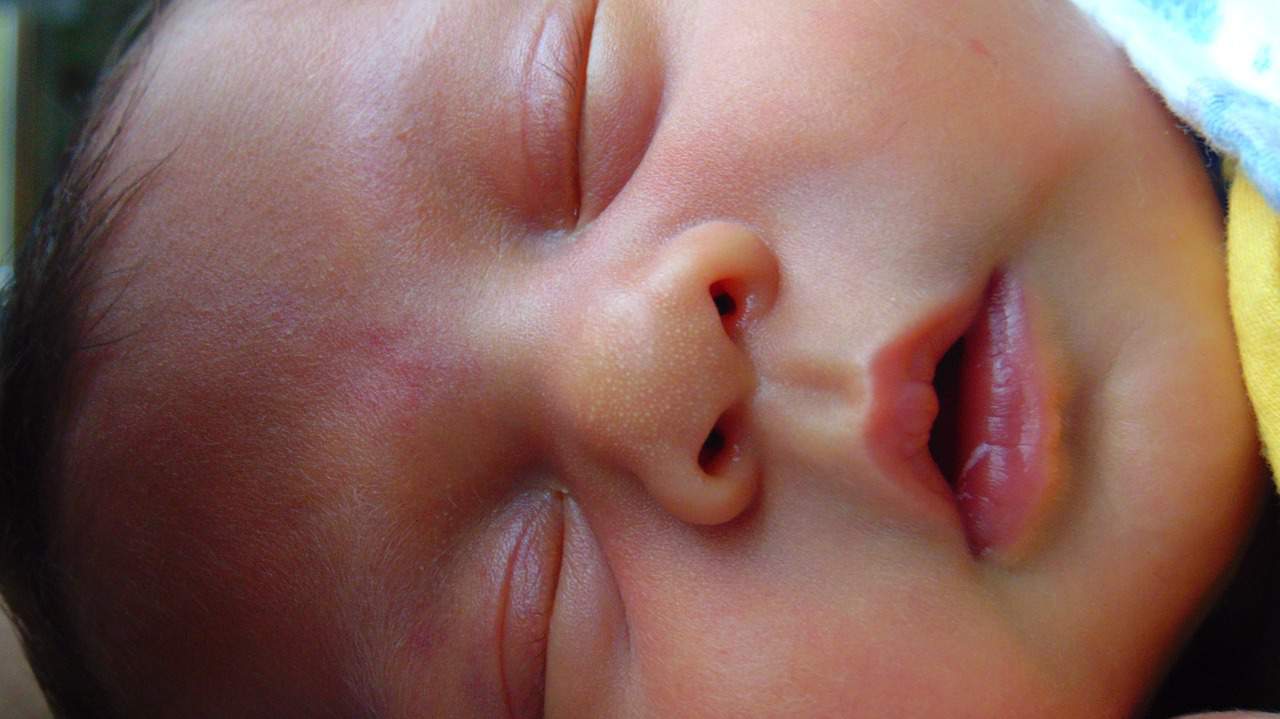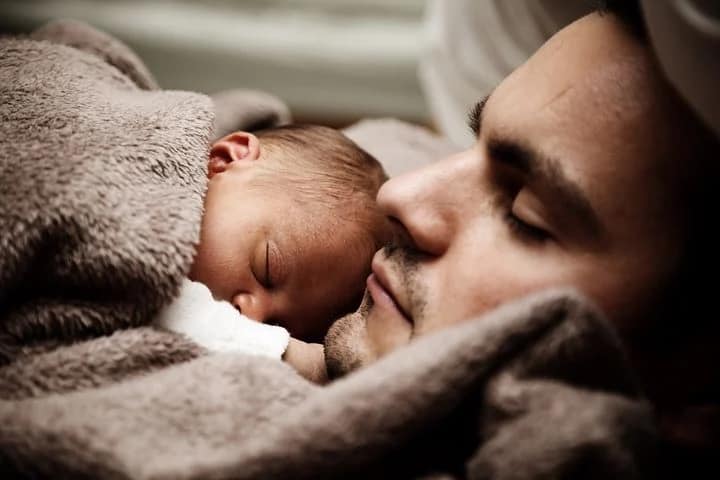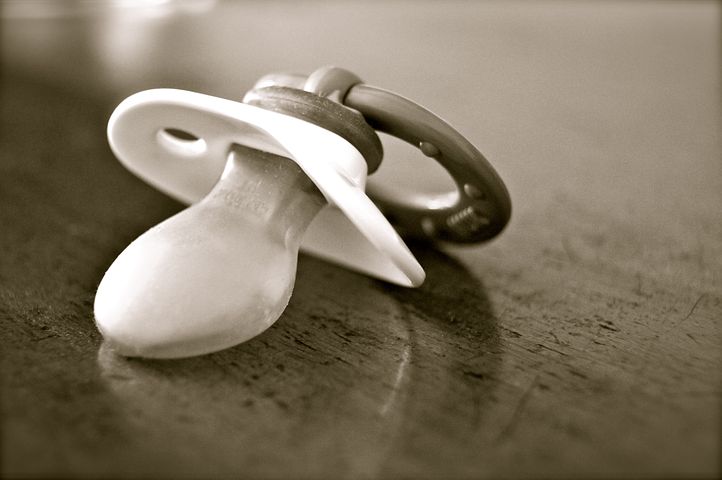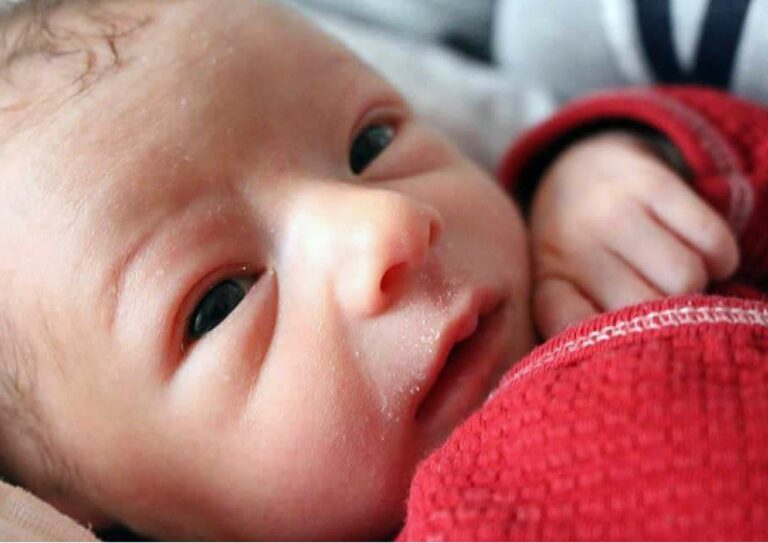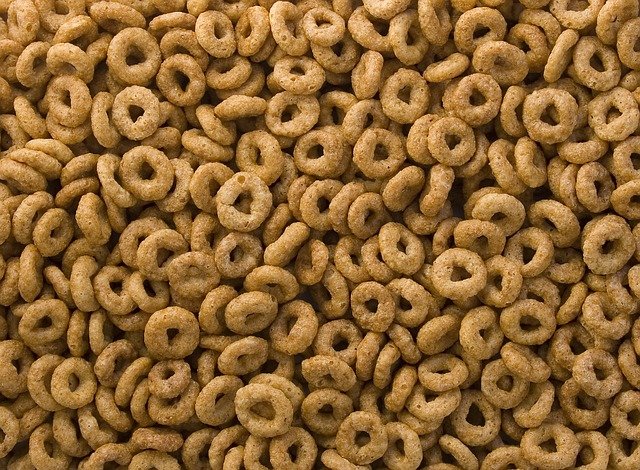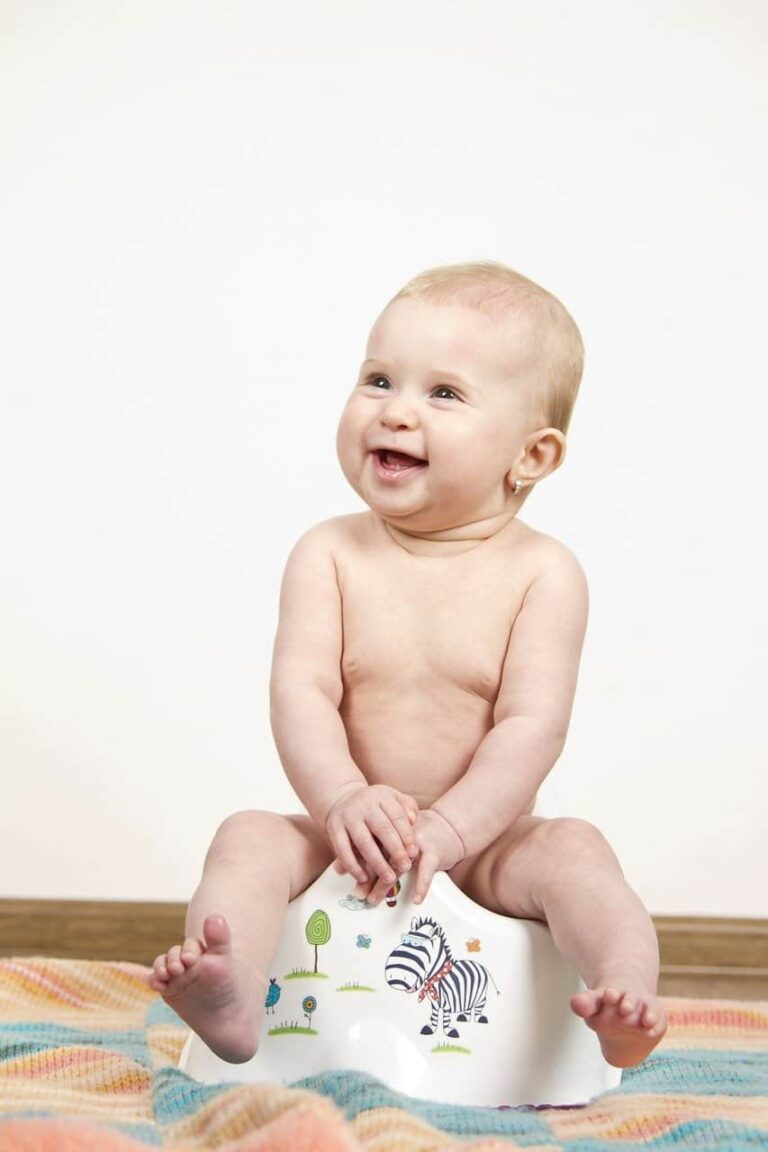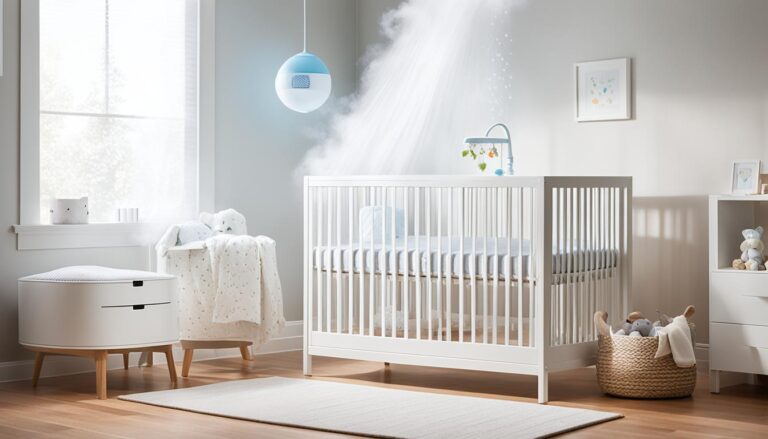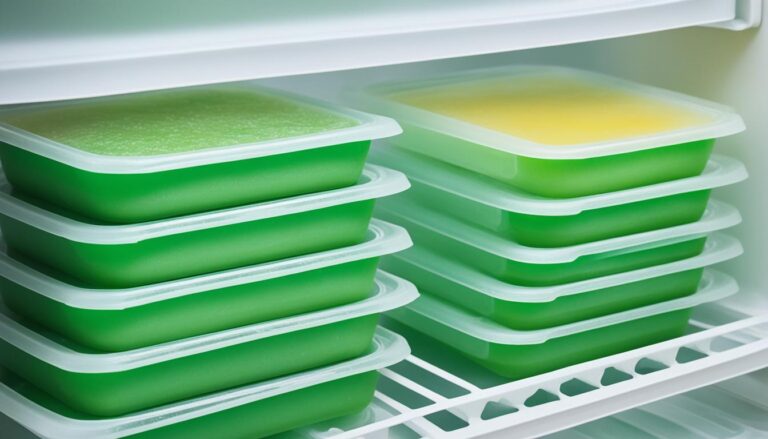When can Babies Breathe Through Their Mouth
We often take breathing for granted in our life. This complex motor task is one of the most important bodily functions that can keep a person alive. If you cut out oxygen supplies across the world for just five seconds, you’ll see just how important breathing is.
We need oxygen to survive, and we take in that oxygen through breathing. Our respiratory system works day and night to make sure we can breathe properly.
The respiratory system starts at our noses and mouths. Science has taught us that we inhale through our noses and exhale through our mouths. However, in certain situations, this rule is disregarded in favor of survival.
Breathing through the mouth can be a reaction to stressful situations, like exercise. Mouth breathing is also done because of something simple like a runny nose. But sometimes, using the mouth to breathe is a sign of something more urgent.
Mouth breathing in infants should be taken seriously. Babies are born to breathe through their noses so they can suckle at the same time.
So what happens when a baby starts breathing through their mouths a little too early? While mouth breathing isn’t something overtly deadly, it should be immediately spotted and corrected by parents. Here is why mouth breathing is far from normal.
How Do Babies Breathe?
Babies breathe differently compared to adults. A healthy adult breathes around 12 to 20 times within a minute. On the other hand, newborns tend to take 30 to 60 breathes per minute.
Infants breathe differently because of their smaller breathing pathways and underdeveloped respiratory system. But what’s most striking is that infants can only breathe through their noses instead of their mouths.
Babies can also have different breathing patterns. Sometimes it can be alarming to see your infant stop breathing for a whole 10 seconds.
Thankfully, most of these issues can be resolved on their own when your baby ages. Within 6 months, you can expect breathing problems to be caused by common colds or allergies.
Newborn babies might also make some concerning noises. It can range from whistling, wheezing, or coughing. Most of the time, these are caused by something blocking their airways. Parents can research and ask their pediatrician about these noises.
When Can Babies Breathe Through Their Mouth?
Mouth breathing usually happens later in newborn infants. Most babies under 4 months old have not yet developed the reflexes for mouth breathing. But even when babies are capable of breathing through their mouth, they should still use their noses instead.
Nose breathing is a lot more efficient than mouth breathing. Breathing through the nose allows the lungs to absorb oxygen more efficiently. The nose also does a better job of filtering dirt and bacteria that come into the body.
Is Mouth Breathing A Red Flag?
If your baby is breathing through their mouth, it means they are having a hard time breathing. One of the most common reasons for mouth breathing is nasal congestion.
Nasal congestion is better known as having a stuffy nose. Your baby can’t blow their nose, so they can’t remove any of the mucus causing blockage. Other symptoms of nasal congestion include a runny nose, sneezing, and noisy breathing.
Another cause of mouth breathing is allergies. Allergies from food or the environment can cause some respiratory problems. For a lot of kids, mouth breathing becomes a habit because of their allergies.
Your child might also be breathing through their mouths because of a deformity. The cartilages in your child’s nose might have some abnormalities, causing obstructions. This can lead to your child breathing with their mouths.
Finally, mouth breathing can be a result of a habit. Your child might choose to breathe through their mouth as their default way of breathing. This might be a result of a previous illness or abnormality.
Whatever the reason might be, mouth breathing can cause some negative side effects. A mouth breathing child can bring this habit to adulthood, and this can cause some long-term bothers.
Mouth breathing leads to more deformities, such as crooked teeth and facial malformation. Chronic mouth breathing has also been linked to bad breath and gum diseases. And overall, mouth breathing is simply an inefficient way to breathe.
How To Correct Mouth Breathing in Babies
Luckily, when you spot mouth breathing in babies, you can still correct it. Care from parents and pediatricians can do wonders to avoid mouth breathing.
You can first consider what causes your baby allergies. Are they allergic to certain foods or environments? If so, avoid these allergens to keep your baby from getting sick.
You should also clean your tot’s nose. The nose does a lot of work, filtering irritants and pollutants in the air. Cleaning your baby’s nose regularly can make sure that these things won’t cause obstruction.
You can also keep your baby well hydrated and use a humidifier. These steps can hopefully keep your baby from building up mucus and getting sick. Plus, it can give them more comfort and can help them breathe properly.
Finally, if you suspect some form of deformity, you can visit your pediatrician. They can check your baby for any sort of blockage in their nose or mouth. They can then either prescribe medicine or suggest a minimally invasive surgery.
Conclusion
We sometimes never notice just how important breathing is. But we rely on this ability every day in our life. And being unable to breathe can cause a lot of distress and discomfort.
For babies, they can only breathe through their noses. So a baby breathing through their mouths can be something worrying. Mouth breathing at ages below 4 months can be a sign of an illness or deformity.
Fortunately, for a lot of infants, mouth breathing is correctable. Parents can care for their babies until they can breathe properly again. For most parts, mouth breathing is from a stuffy nose or allergies.
You can help your child when you notice them breathing through their mouths. Cleaning their nose, giving them something to drink, and avoiding allergens can greatly help.
Your child should only breathe through their nose while they’re young. It’s more comfortable and efficient. And nose breathing can promise your child a good night’s sleep.

